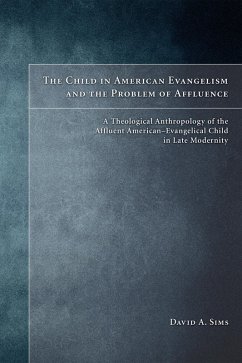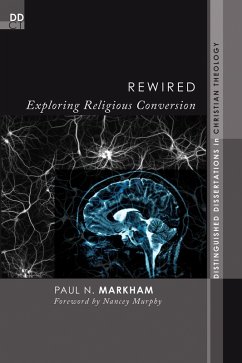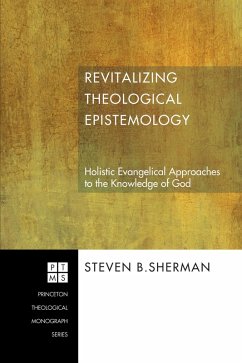This work presents an evangelical theology of the child nurtured in the context of American evangelicalism and affluence. It employs an eclectic theological-critical method to produce a theological anthropology of the affluent American-evangelical child (AAEC) through interdisciplinary evangelical engagement of American history, sociology, and economics. Sims articulates how affluence constitutes a significant impediment to evangelical nurture of the AAEC in the "discipline and instruction of the Lord." Thus, the problem he addresses is nurture in evangelical affluence, conceived as a theological-anthropological problem. Nurture in the cultural matrices of the evangelical affluence generated by technological consumer capitalism in the U.S. impedes spiritual and moral formation of the AAEC for discipleship in the way of the cross. This impediment risks disciplinary formation of the AAEC for capitalist culture, cultivates delusional belief that life consists in an abundance of possessions, and hinders the practice of evangelical liberation of the poor on humanity's underside. The result is the AAEC's spiritual-moral "lack" in late modernity. Chapter 1 introduces the problem of the AAEC. Chapters 2 and 3 provide a diachronic lens for the theological anthropology of the AAEC through critical assessment of the theological anthropologies of the child in Jonathan Edwards, Horace Bushnell, and Lawrence Richards. Chapters 4 and 5 constitute the synchronic perspective of the AAEC. Chapter 4 presents an evangelical sociology of the AAEC, drawing upon William Corsaro's theory of "interpretive reproductions," and chapter 5 constructs an evangelical theology of the AAEC through critical interaction with John Schneider's moral theology of affluence. Chapter 6, "Whither the AAEC?," concludes with a recapitulation of the work and a forecast of possible futures for the AAEC in the twenty-first century.
Dieser Download kann aus rechtlichen Gründen nur mit Rechnungsadresse in A, D ausgeliefert werden.









